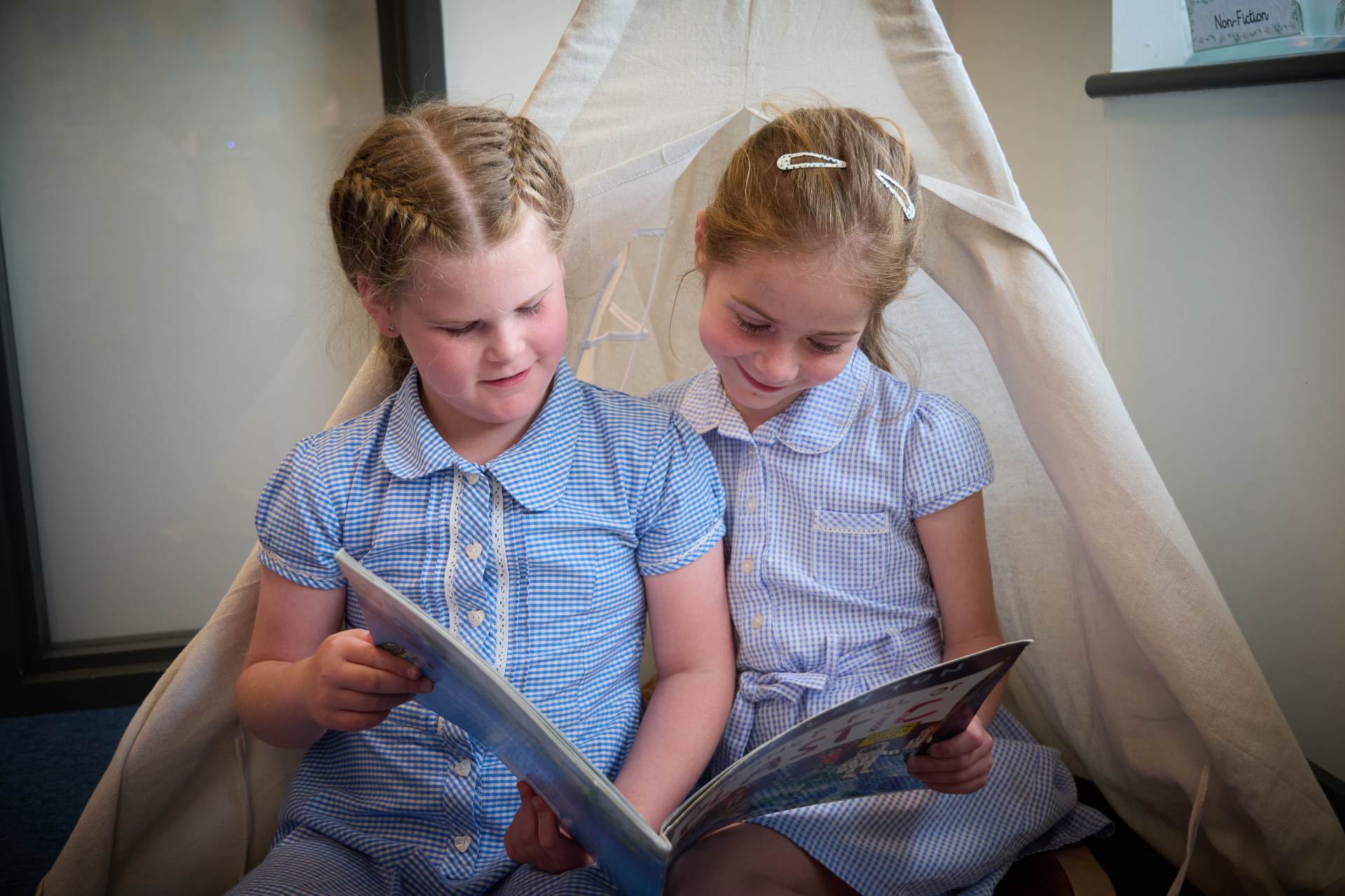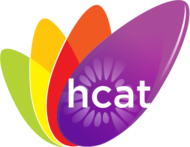English

At Withernsea Primary School we believe reading and writing to be the most fundamental life skills that everyone should have the opportunity to learn.
When these twin-disciplines are developed in conjunction with one another, children are given the freedom not only to understand the thoughts and emotions of others, but also to express their own unique voice.
Providing lifelong access to the written communication of ideas in order to help our children become valuable members of society is therefore the primary goal of our English programme of study.
In line with the National Curriculum, we aim to ensure that all pupils:
- read easily, fluently and with good understanding
- develop the habit of reading widely and often, for both pleasure and information
- acquire a wide vocabulary, an understanding of grammar and knowledge of linguistic conventions for reading, writing and spoken language
- appreciate our rich and varied literary heritage
- write clearly, accurately and coherently, adapting their language and style in and for a range of contexts, purposes and audiences
- use discussion in order to learn; they should be able to elaborate and explain clearly their understanding and ideas
- are competent in the arts of speaking and listening, making formal presentations, demonstrating to others and participating in debate.
Spoken language
The national curriculum for English reflects the importance of spoken language in pupils’ development across the whole curriculum – cognitively, socially and linguistically. Spoken language underpins the development of reading and writing.
The quality and variety of language that pupils hear and speak is vital for developing their vocabulary and grammar, and their understanding of reading and writing. Therefore teachers at Withernsea ensure the continual development of pupils’ confidence and competence in spoken language and listening skills.
At Withernsea Primary School we aim to support pupils in developing a capacity to explain their understanding of books and other reading material, and to prepare their ideas before they write. Pupils are assisted in making their thinking clear to themselves, as well as to others. Teachers ensure that pupils build secure understanding by using discussion to probe and remedy misconceptions. Pupils are also taught to understand and use the conventions of discussion and debate, at an age appropriate level.
Phonics
Children begin to develop a knowledge understanding of letter sounds and names from Foundation 1 and continue their learning journey throughout the school. In Foundation Stage and Key Stage 1 children are introduced to range of phonemes many of which are a cluster of letters. They begin to recognise these phonemes when they read different words and start to use them when developing their writing. Phonics is taught daily in discrete phonics sessions. Children are taught in small groups and these sessions are carefully planned to meet the children’s needs. The knowledge children gain in discrete sessions is reinforced in lessons taught across the curriculum.
In Foundation Stage children are encouraged to learn letter sounds alongside actions – examples of these actions are given to parents so that they can support learning at home. We also hold an annual phonics workshop for parents of Foundation 2 children, which is always highly attended.
The government introduced a phonics screening check for children at the end of Year 1, up to now our results have been fantastic and so far, our children have always achieved above the national average.
Reading
At Withernsea Primary School, in KS1 reading is taught through the Read, Write, Inc. programme (RWI). This may be used for pupils in KS2 if they are not yet reading fluently. The scheme, however, is adapted to suit the needs of each of the pupils. This means that some pupils are taught in whole class session and others are taught in smaller or one to one groups.
Pupils are assessed on a termly basis using the RWI assessment grids, this ensures that all pupils are in the correct groups and allows the Reading Leaders and Wider Leadership team to monitor pupil progress.
All staff who use RWI in their classroom have all completed training. Lead Teachers support the development of the scheme observing sessions, offering guidance and creating clear next steps for the scheme at Withernsea. In addition, Lead Teachers offer regular drop in sessions to support pupils and teachers where needed.
Children learn the English alphabetic code: first they learn one way to read the 40+ sounds and blend these sounds into words, then learn to read the same sounds with alternative graphemes. Sounds are grouped into set 1, 2 and 3.
They experience success from the very beginning. Lively phonic books are closely matched to their increasing knowledge of phonics and ‘tricky’ words and, as children re-read the stories, their fluency increases.
Reading in Key Stage 2
At Withernsea Primary we aim to promote a love of reading through a consistent approach throughout every year group throughout the school.
Reading will follow a clear structure where a high quality class text is at the heart of everything. From Year 3 the children will be part of a whole class guided reading session based on an engaging and challenging text. Each session is carefully structured in five parts to offer a consistent and progressive approach building on previous knowledge and moving learning forward.
- Vocabulary
2-tier vocabulary is explicitly taught to develop language skills. - Independent Reading
Children are given the opportunity to read a full piece of text. - Developing the skill
Through modelling and teaching, children will develop a skill in reading based on a content domain, e.g. how we would infer etc. - Applying the skill
Teachers plan to develop the modelled skill and support is given to children who need support with decoding. - Application of the skill
Opportunities are then planned across the wider curriculum for this skill to be applied across a wider context.
Where children need support with reading Read Write Inc is used to support developing reading skills. You can find out more about RWI here:
https://home.oxfordowl.co.uk/reading/reading-schemes-oxford-levels/read-write-inc-phonics-guide/
Reading for pleasure is an important part of the reading curriculum here at Withernsea and the children are given the time to read and most importantly discuss the books they like each day. The teachers and other staff members will model this process and encourage the children to reflect on their own reading and share their opinions as much as possible. Each teacher has their ‘Top Picks’ and children are encouraged to read them throughout the term.
Each classroom has an established reading corner. This needs to be a safe and stimulating area that includes a wide selection of books. These books include fiction and non-fiction texts, topic books and newspapers.
It’s no secret that reading activities at home are an important supplement to the classroom, but there’s more to it than that. There are things that parents can give children at home that the classrooms cannot give. Reading at home is both encouraged and rewarded at Withernsea Primary School.
Writing
At Withernsea Primary School, we provide children with the opportunities to experiment with writing in different genres and for a different purpose and audience. It is our belief that providing children with real-world contexts for their writing is key to unlocking their imagination and motivating them to succeed. For this reason, we also provide numerous opportunities across the wider curriculum for them to further refine their skills.
The programmes of study for writing at key stages 1 and 2 are constructed similarly to those for reading:
• transcription (spelling and handwriting)
• composition (articulating ideas and structuring them in speech and writing).
We believe that children learn best when they are able to become fully immersed in texts and genres and for this reason we have developed the ‘Withernsea Way’ process for teaching writing. This is a consistent approach across all the year groups with an increasing focus on self-evaluation and setting their own next steps as the children progress through the school. Our children learn how to plan, edit and improve their writing as well as how to evaluate the work of others. They are taught the importance of creativity in literature, and use the vocabulary learned from successful authors to articulate themselves effectively. They are also encouraged to present their work neatly, and have a wide array of resources available to help them do so.
Further information for parents:
Writing – Long Term Plan Withernsea_Reading_Long_Term_Plan_2024-2025



